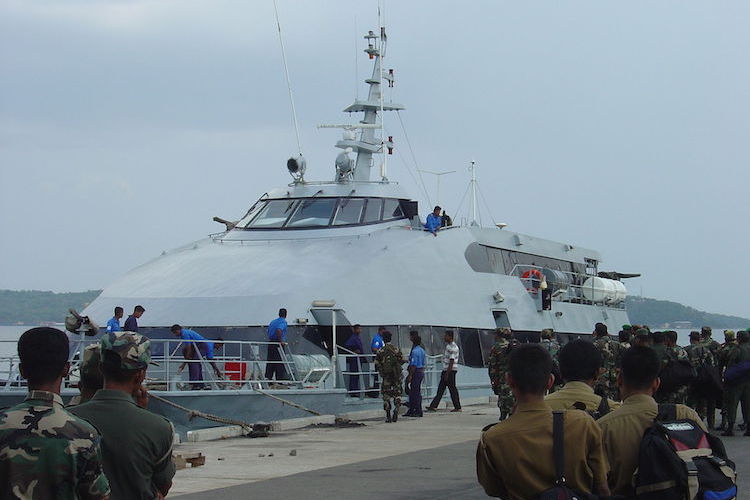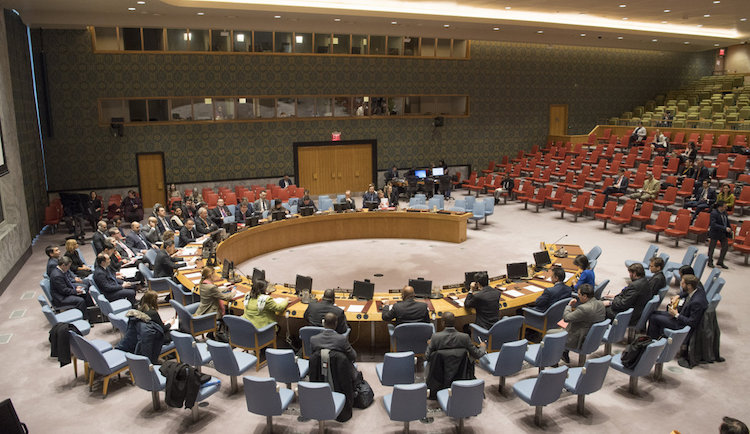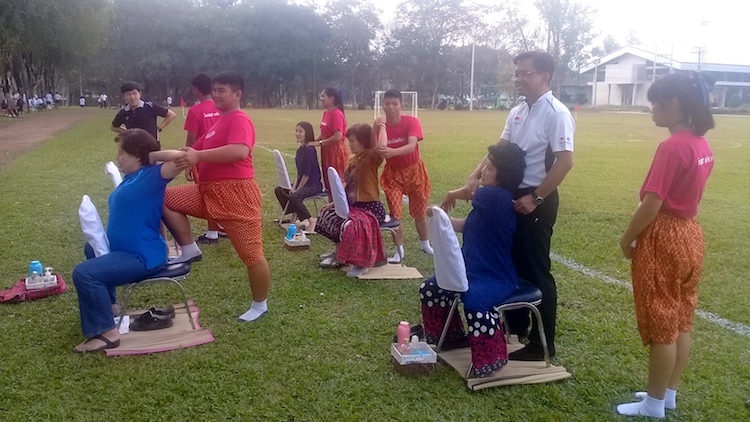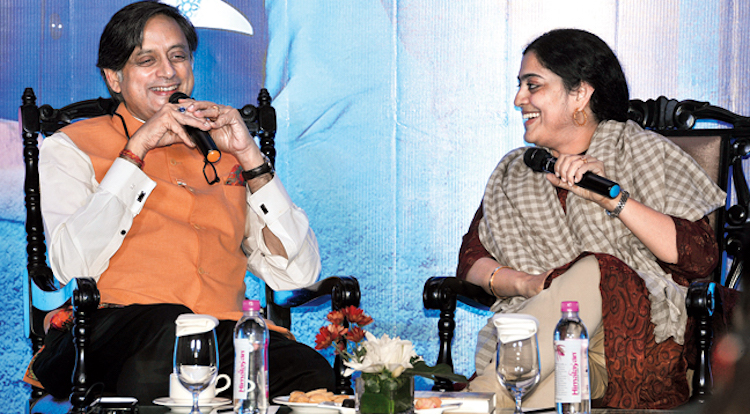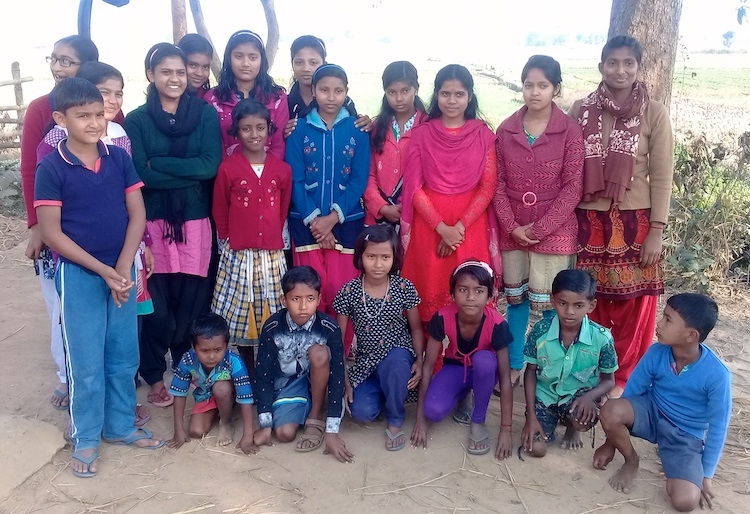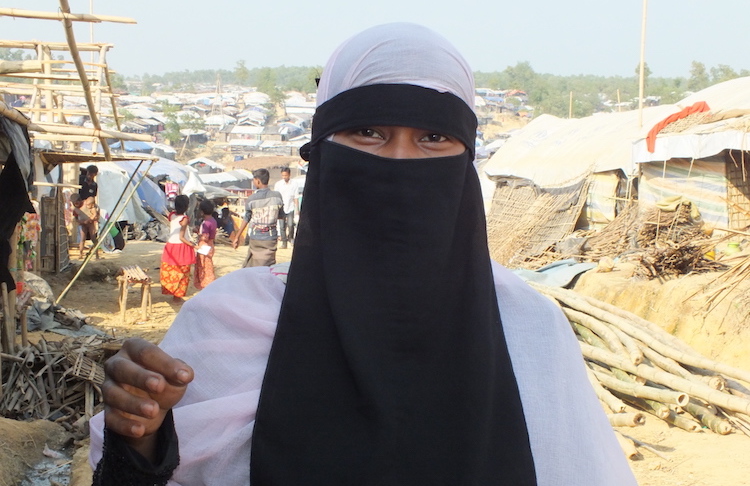By Kalinga Seneviratne BANGKOK (IDN) – While Sri Lanka “celebrates” 70 years of independence from British colonial rule this month, its sovereignty is being threatened as never before since gaining independence in 1948 – tempting one to remark that Sri Lanka is celebrating ‘independence in chains’. The strategically placed Indian ocean island is an important […]
‘Smart Farms’ Making Thai Agriculture Sufficient and Sustainable
By Kalinga Seneviratne This article is the 20th in a series of joint productions of Lotus News Features and IDN-InDepthNews, flagship of the International Press Syndicate. CHANTHABURI, Thailand (IDN) – Thai farmers are going back to basics under a “Smart Farms” formula supported by modern information communication technology (ICT) integrated into a Buddhist concept of ‘sufficiency economy’ to […]
Building Regional Partnership in Afghanistan and Central Asia
By António Guterres, UN Secretary-General Following are extensive excerpts from UN Secretary-General António Guterres’ remarks to the Security Council debate on building regional partnership in Afghanistan and Central Asia to link security and development, on January 19. The debate was convened by the Council’s Kazakh presidency for the month of January. – The Editor. UNITED […]
Thai Doctor Creating Multi-Faceted Approach to Sustainable Development
By Kalinga Seneviratne CHANTABURI, Thailand (IDN) – A passionate, socially conscious doctor in this rural farming community in the north-east of Thailand is working with a school for marginalised children, supported by a foundation set up by Princess Maha Chakri Sirindhorn, the second daughter of late King Bhumibol who died in October 2016. The school […]
India Faults UN Security Council’s Legitimacy and Credibility
By Santo D. Banerjee UNITED NATIONS (IDN) – A non‑representative United Nations Security Council, designed long ago to maintain a balance of power between rival States, is unable to handle challenges which have changed beyond recognition over the decades, Ambassador Syed Akbaruddin, India’s Permanent Representative to the UN has warned. “An instrument that is no […]
Eminent Writer-MP Tharoor Shreds Indians’ Colonial Mindset
By Chandreyee Ghose, The Telegraph India KOLKATA (IDN-INPS) – Shashi Tharoor shredded the colonial mindset at the second author meet organised by Kalam Club at Taj Bengal on December 28. The writer-MP talked about his latest book, An Era of Darkness: The British Empire in India, Indian writing in English and debunked some colonial myths […]
Sustainability Is Developing Community From Within
By Kalinga Seneviratne NAMOKANDA, West Bengal, India (IDN) – Six years ago this remote village of 130 households about 80 km from Santiniketan – the hometown of famous Indian poet Rabindranath Tagore – was a small picturesque village community surrounded by paddy fields, but without a sustainable development concept. Today it is a confident community […]
India Looks Forward to Hectic Diplomacy in 2018
By Shastri Ramachandaran* NEW DELHI (IDN) – The world could be too much with us in 2018, in a sense that Wordsworth may never have foreseen. In fact, the New Year would begin with a lot of the world in India when leaders of 10 ASEAN (The Association of Southeast Asian Nations), governments come as […]
Traumatised Rohingya Women Bear the Brunt of Persecution
By Naimul Haq COX’S BAZAR, Bangladesh (IDN) – Shefali Aktar, mother of three, fled her home in Thaphanbin, a tiny village overlooking the Arakan Mountains in Rakhine state in Myanmar. The 22-year-old pregnant woman escaped near death when her neighbour helped her and her children to hide in the nearby forest the night after the […]
Village Buddhist Monks in Laos Initiate Environmentally-Aware Development
By Toung Eh Synuanchanh This article is the 19th in a series of joint productions of Lotus News Features and IDN-InDepthNews, flagship of the International Press Syndicate. BEUNGSANTHUENG, Laos (IDN) – A quiet revolution is taking shape in rural Laos, where environmentally-conscious village Buddhist monks are teaching people morality and meditation to spearhead a movement mobilising the people […]

